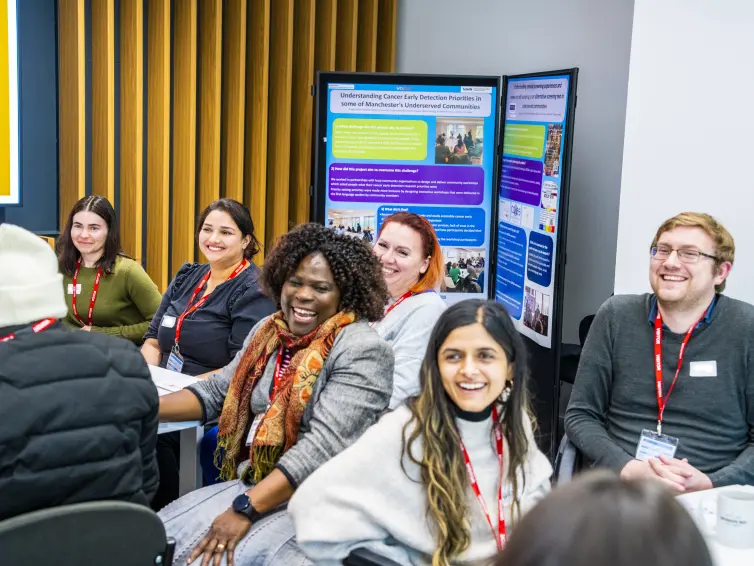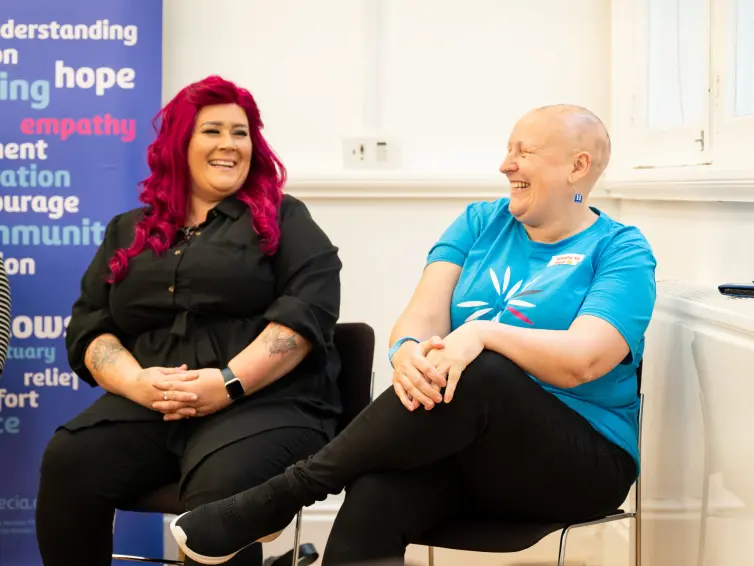Improve your research with BRAG
Working with the Black & Asian Research Advisory Group (BRAG)
Health inequalities mean that there is often a greater burden of ill-health on people from Black, Asian and other ethnically diverse communities. Inclusive translational health research has the potential to improve health outcomes by involving people from diverse communities in the design of research and by ensuring that clinical studies include people from diverse populations.
The process of patient and public involvement happens when researchers work with people to design and plan their research. However, research from the National Institute for Health and Care Research (NIHR) shows that the majority of people who get involved in research are over 50 years old, female and white. Also only 35% of ethnic minority respondents believe they would be treated with dignity and respect in health research, compared to 52% of white respondents (HRA, 2017). A recent study of attitudes towards COVID-19 vaccine research, found that there was apprehension, scepticism and low levels of trust about clinical trials expressed by a wide range of people from diverse communities (NIHR Applied Research Collaboration East Midlands, 2020). I
The Black & Asian Research Advisory Group (BRAG) was set up in 2019 following a joint initiative between Vocal and the Greater Manchester Black and Minority Ethnic Network. All BRAG members are established community leaders. The group has already had an impact on a wide range of research.
The feedback from BAG was invaluable and resulted in a substantially improved design of the test.
Karolina Kluk-de Kort, Researcher, Hearing Health
Researchers can attend BRAG meetings to get feedback from the group or, where appropriate, work more closely with an individual BRAG member. For example, Ehinor Otaigbe-Amedu worked with NIHR Manchester BRC researcher Sarah Bellhouse who was planning a study on breast cancer prediction. Ehinor recruited a group of young black women to discuss the research and the feedback from the group resulted in more accessible language in study materials, a change to recruitment methods and as well as greater understanding about possible barriers about engaging communities in cancer prevention.
BRAG is particularly interested in supporting NIHR Manchester BRC research about cancer, respiratory conditions, dermatology, and musculoskeletal conditions all of which have a significant impact on people from ethnically diverse backgrounds. Currently there is little data available about participation in clinical research across these topics.
To find out more about how you can work with BRAG please get in touch with Annie Keane annie.keane@mft.nhs.uk
Many thanks to Tracy Grey for contributing to this blog.


